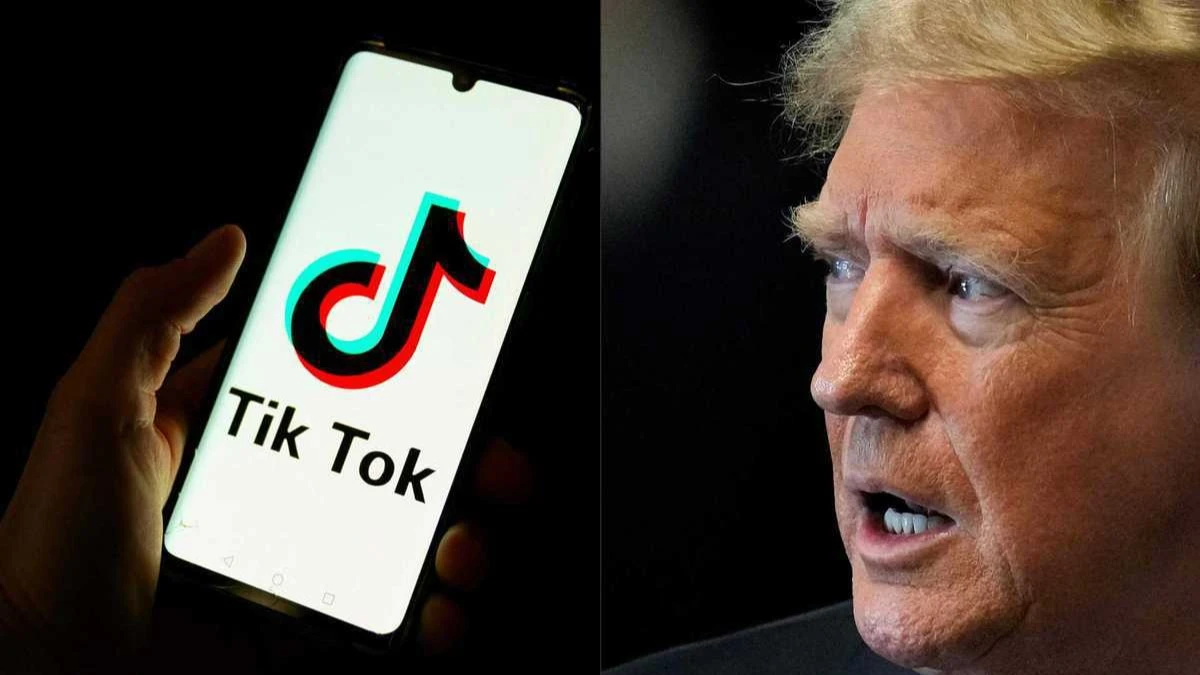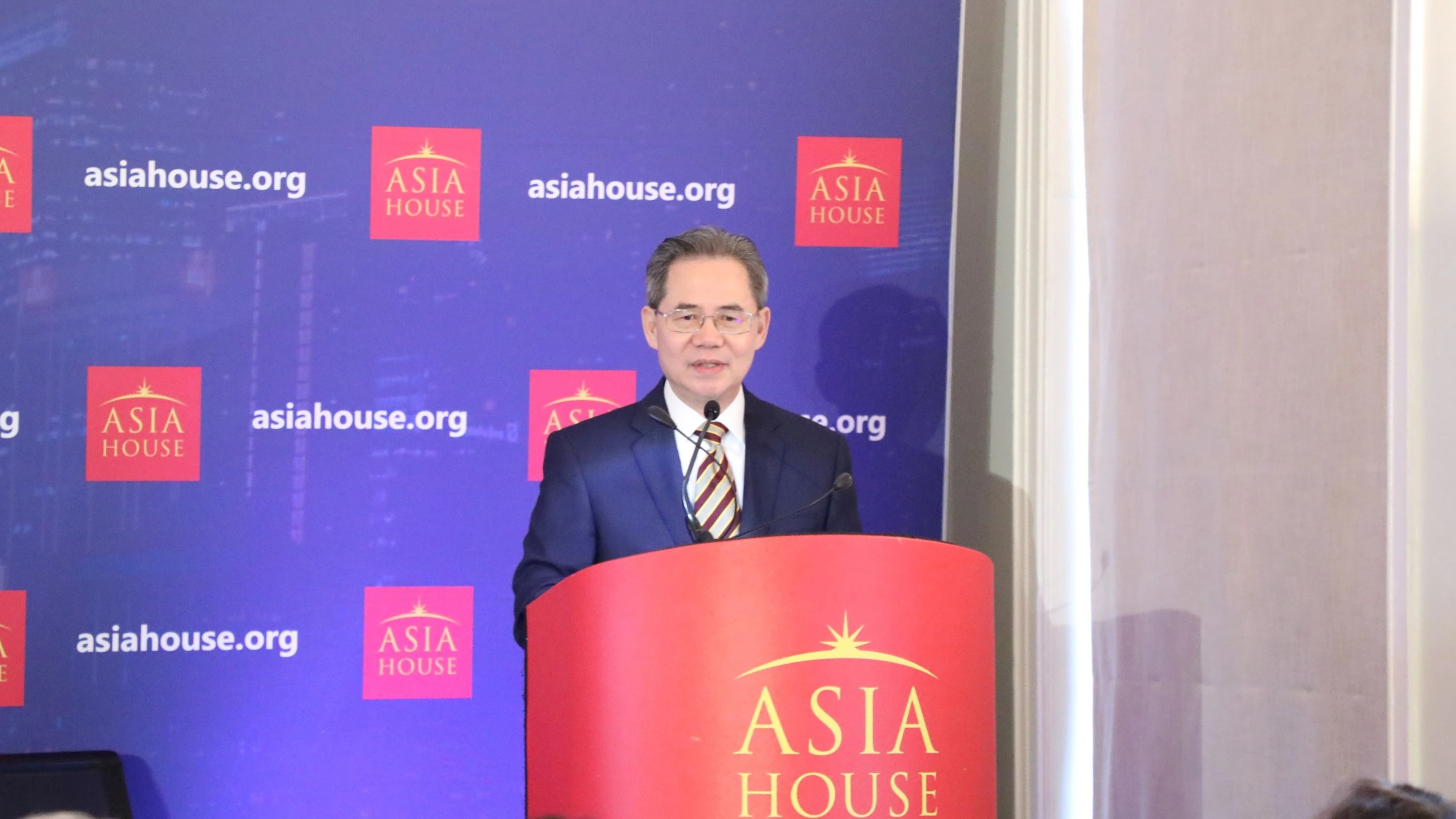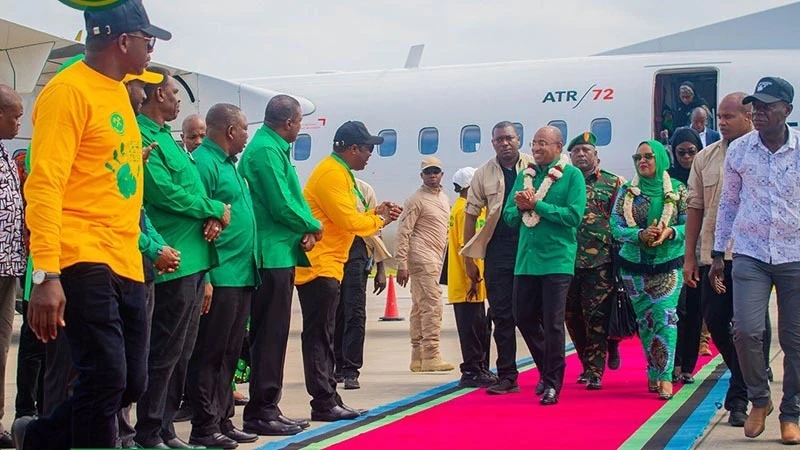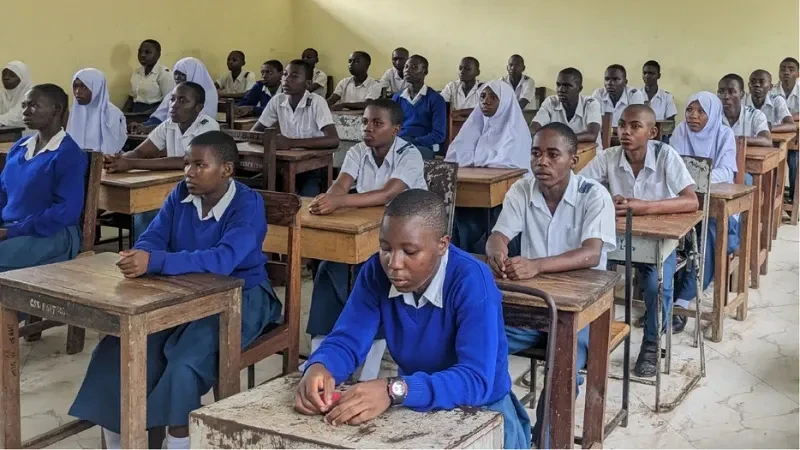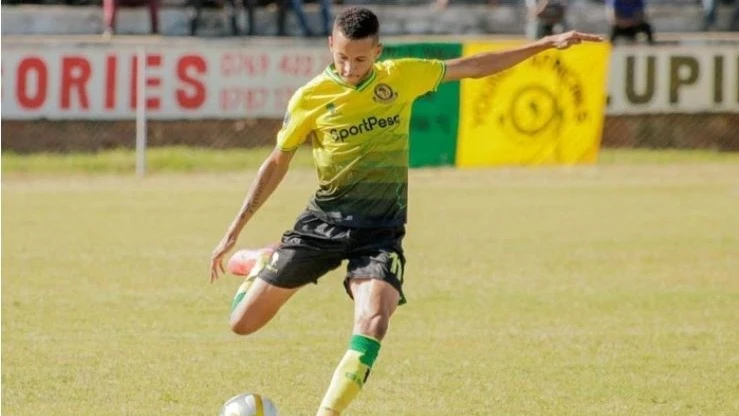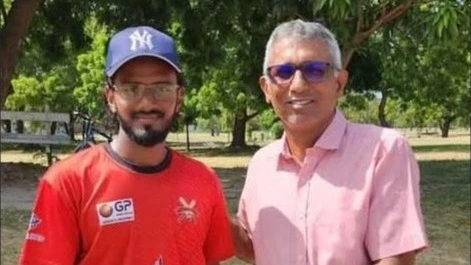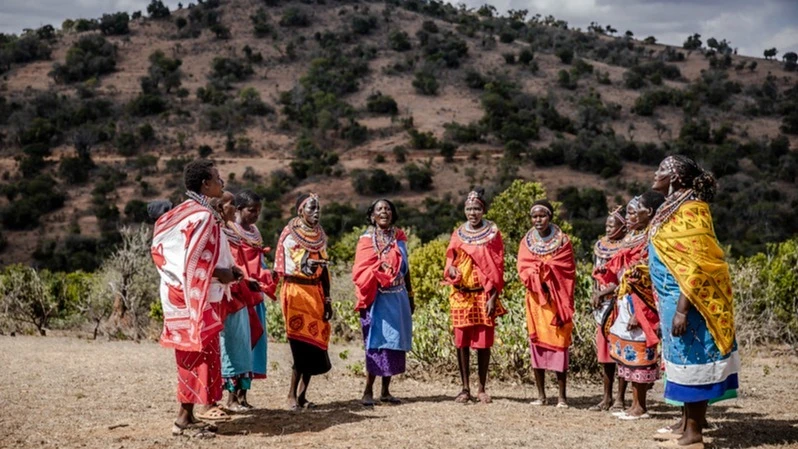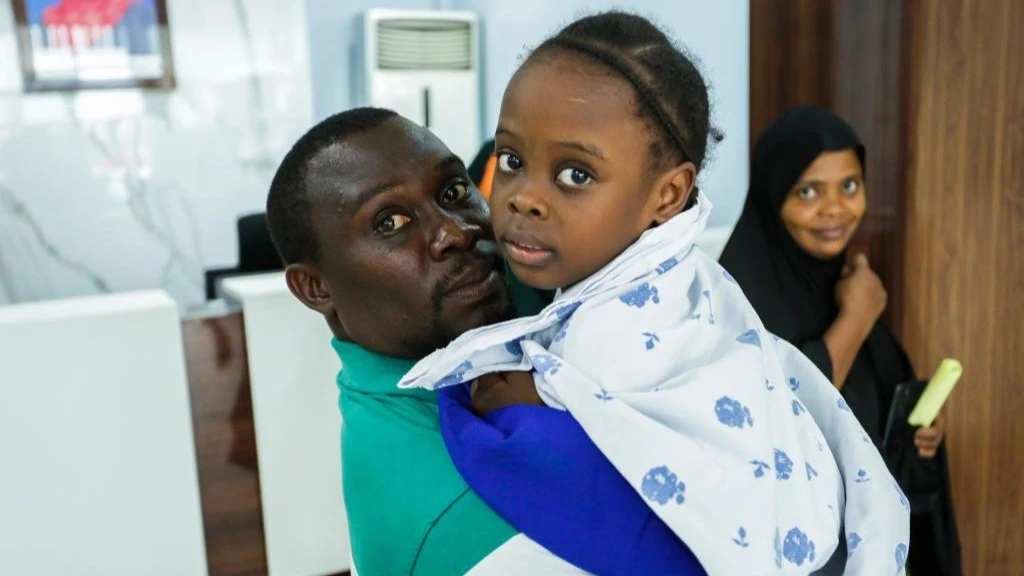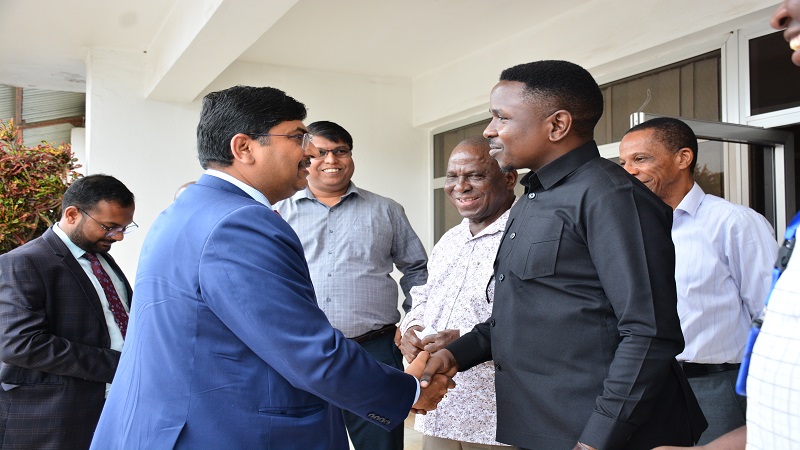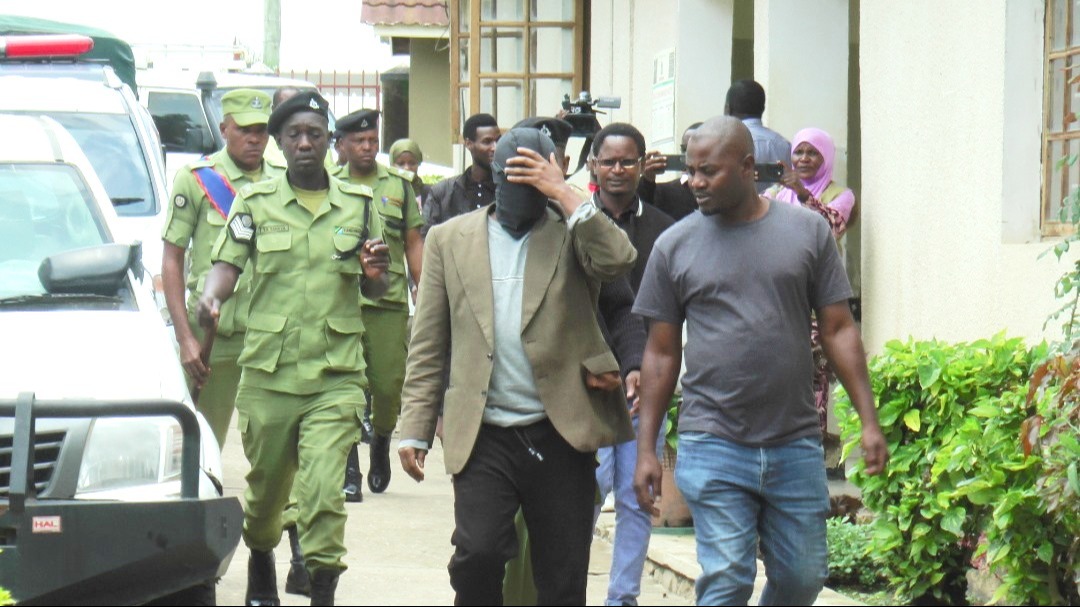How edutainment, digital skills can transform learning in schools
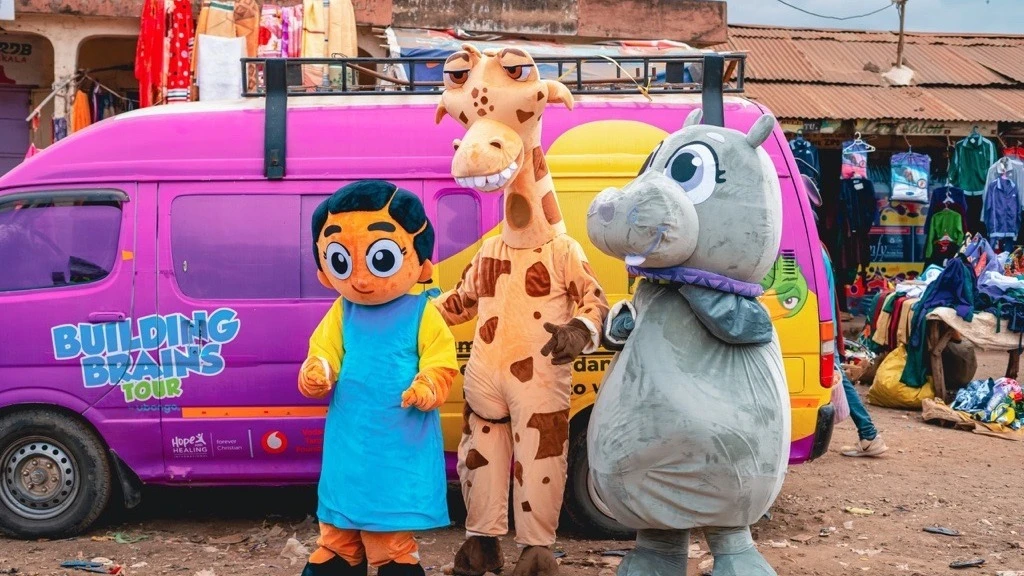
As a parent or teacher, you've likely wondered why some children struggle in school, even when they're attending classes regularly.
Despite Tanzania’s progress in enrolling children in primary schools, many are still not learning as they should.
Four years ago, I was shocked to read that the Uwezo Tanzania study of 2019 revealed that out of every 10 students in Standard 3, only 6 were able to read a story in Kiswahili at a Standard 2 level.
While 96 percent of children start primary school, only 58 percent finish. What is more interesting is that children drop out of school in early primary than in higher grades. So, what’s going wrong? Why aren’t our children learning effectively?
One major challenge I see in our education system is the traditional and rigid teaching methods that often leave little room for creativity and engagement. Children are expected to memorize facts, but rarely get to enjoy the learning process.
Over the years, I’ve come to realize that one of the best ways to improve learning outcomes is to make learning fun. Children are naturally curious, wanting to explore and ask questions.
But when education is presented in a strict, repetitive manner, learning feels like a chore, and the desire to learn fades quickly.
This is why the concept of learning through play—using cartoons, stories, and interactive games—can make a huge difference.
Imagine classrooms where children laugh, participate, and actively engage in their lessons.
When learning feels like play, children get easily connected to the subject, are more likely to retain what they've learned and develop a genuine love for education.
I’ve had the privilege of seeing this firsthand during the Ubongo Building Brains Tour 2024 in Arusha. The tour brought edutainment right to the community, with lively activities combining learning with fun. As students watched educational cartoons and took part in interactive storytelling, their enthusiasm was undeniable. They were not just passive listeners; they were eager to share what they learned. This kind of active learning keeps students coming back for more.
In today's world, digital skills are no longer optional—they’re essential. Unfortunately, many schools in Tanzania lack the technology and tools needed to prepare students for the digital age.
However, some solutions are already making their way into classrooms. The e-Fahamu platform from Vodacom Tanzania Foundation is a great example of how digital literacy can bridge this gap.
Through e-Fahamu, students have access to a wide range of online resources that make learning more interactive and engaging. Teachers are also benefiting from the platform, which offers digital tools that enhance lesson plans and create more dynamic classroom experiences.
It’s no longer just about teaching math or reading; it's about preparing students for a future where digital literacy is an essential skill in every profession.
However, we must acknowledge the value of traditional teaching methods. Discipline, structure, and hard work are important elements of any learning process. On the other hand, we must also accept that these methods need to evolve to fit into today's digital world.
The world is changing fast, and we can’t expect our children to succeed in tomorrow’s world if we don’t prepare them today.
The key is to blend the best of both worlds. We can keep the valuable lessons from traditional schooling, such as the importance of respect for teachers, while also integrating modern approaches like digital learning and interactive tools.
This ensures students are not only disciplined but also motivated and ready to thrive in a rapidly evolving world.
Another lesson I’ve learned from my years in education is the power of community. It’s not just teachers who influence a child’s future—parents, caregivers, and neighbors all play a role.
When children see that their learning is valued by those around them, it gives them a sense of purpose. Communities need to embrace these new ways of learning.
As parents, encourage your child’s curiosity. Let them explore educational games, participate in storytelling, and engage with digital learning tools. As teachers, take advantage of the available technology to make your lessons more interactive.
Together, we can create an environment where learning is not seen as a chore, but something children look forward to each day.
Tanzania has a unique opportunity to build a brighter future for its children. The tools are already here—whether through engaging content, digital platforms, or community support.
But it’s up to all of us to embrace these changes. By blending fun learning experiences with digital literacy, we can ensure that every child, no matter where they come from, has the opportunity to succeed in school and beyond.
Let’s commit to making education not just a requirement but an exciting journey. When our children love to learn, their future—and the future of our nation—becomes infinitely brighter.
Godfrey Boniventura is an expert with over 15 years of experience in Policy Analysis and Advocacy in the education sector.
Top Headlines
© 2025 IPPMEDIA.COM. ALL RIGHTS RESERVED











